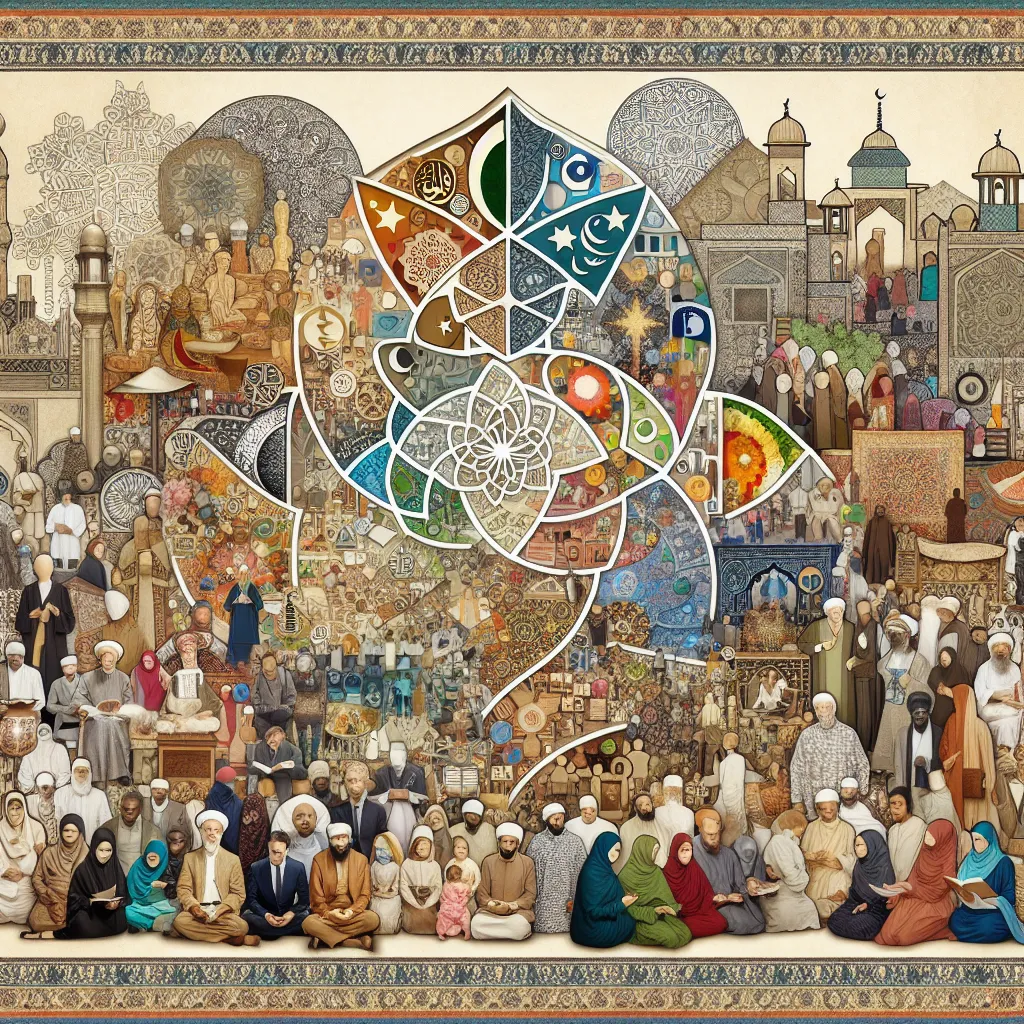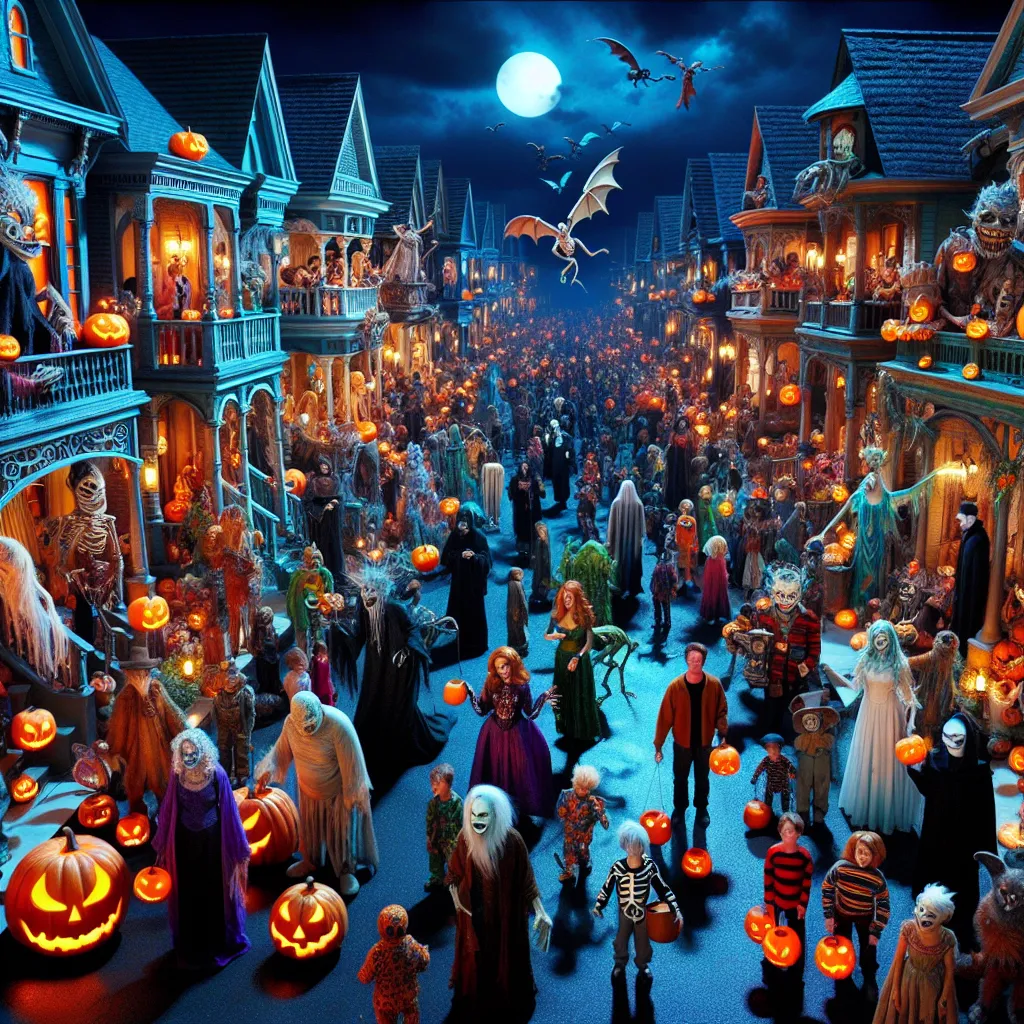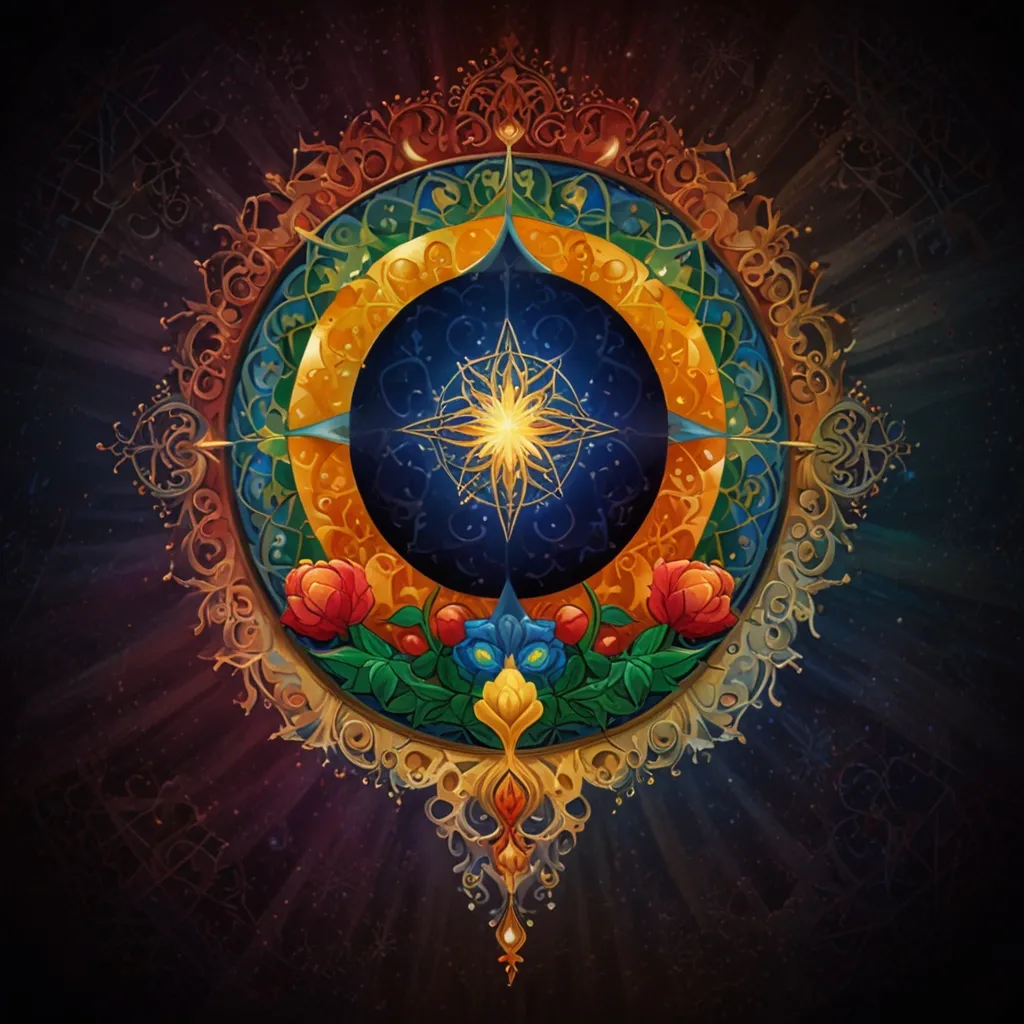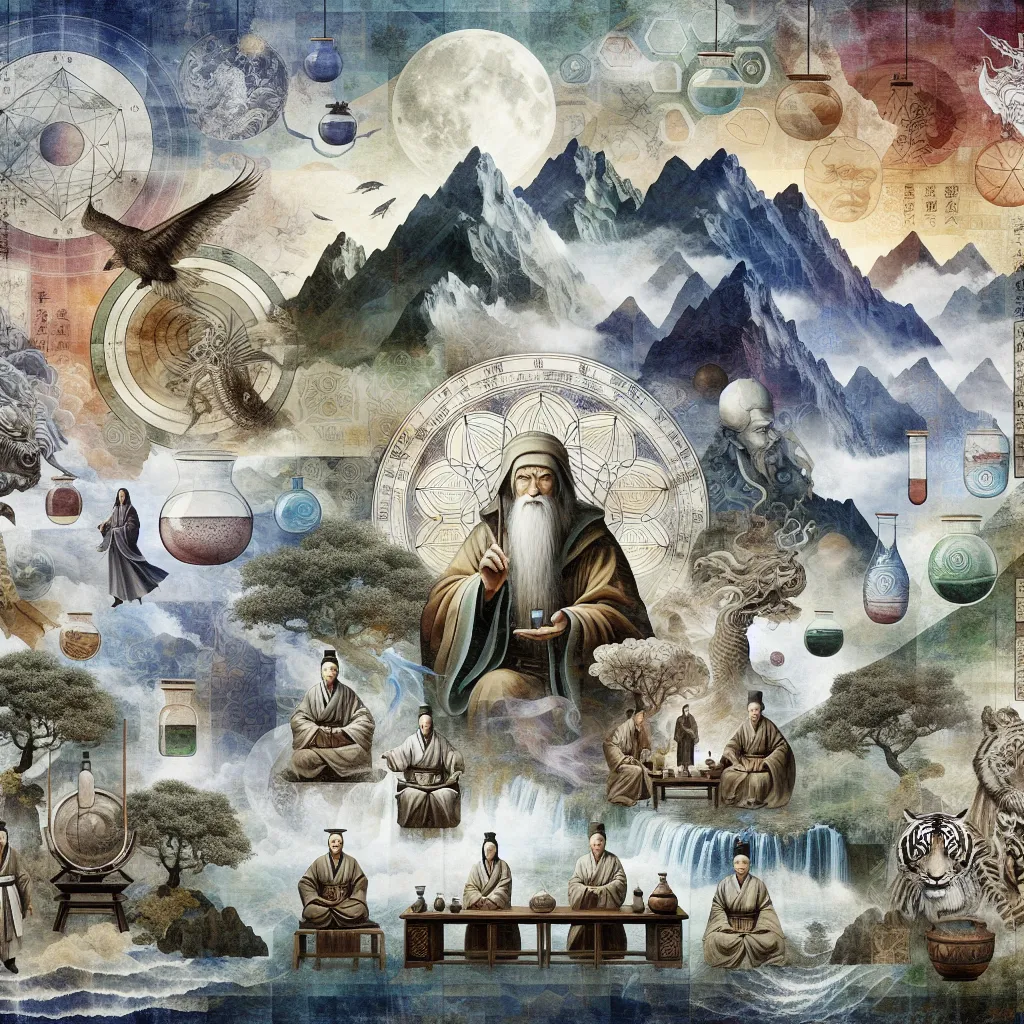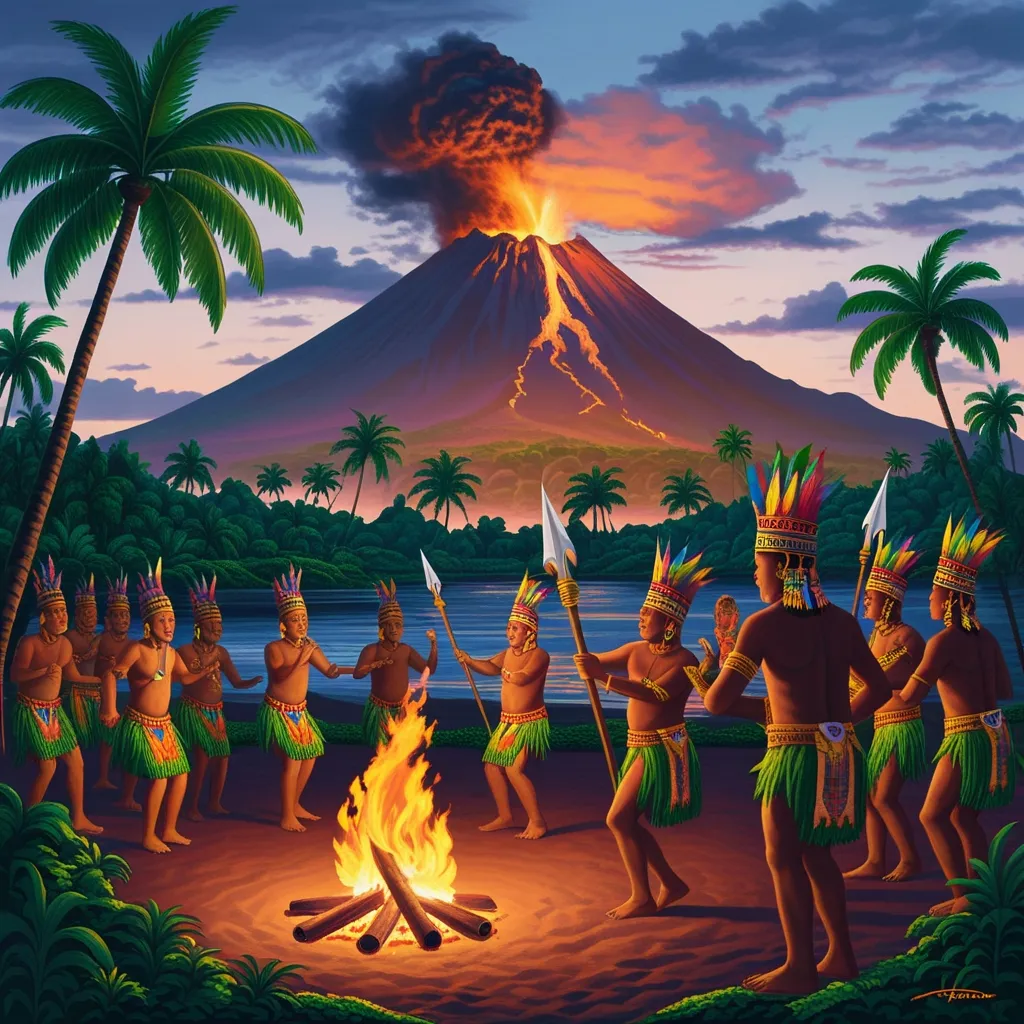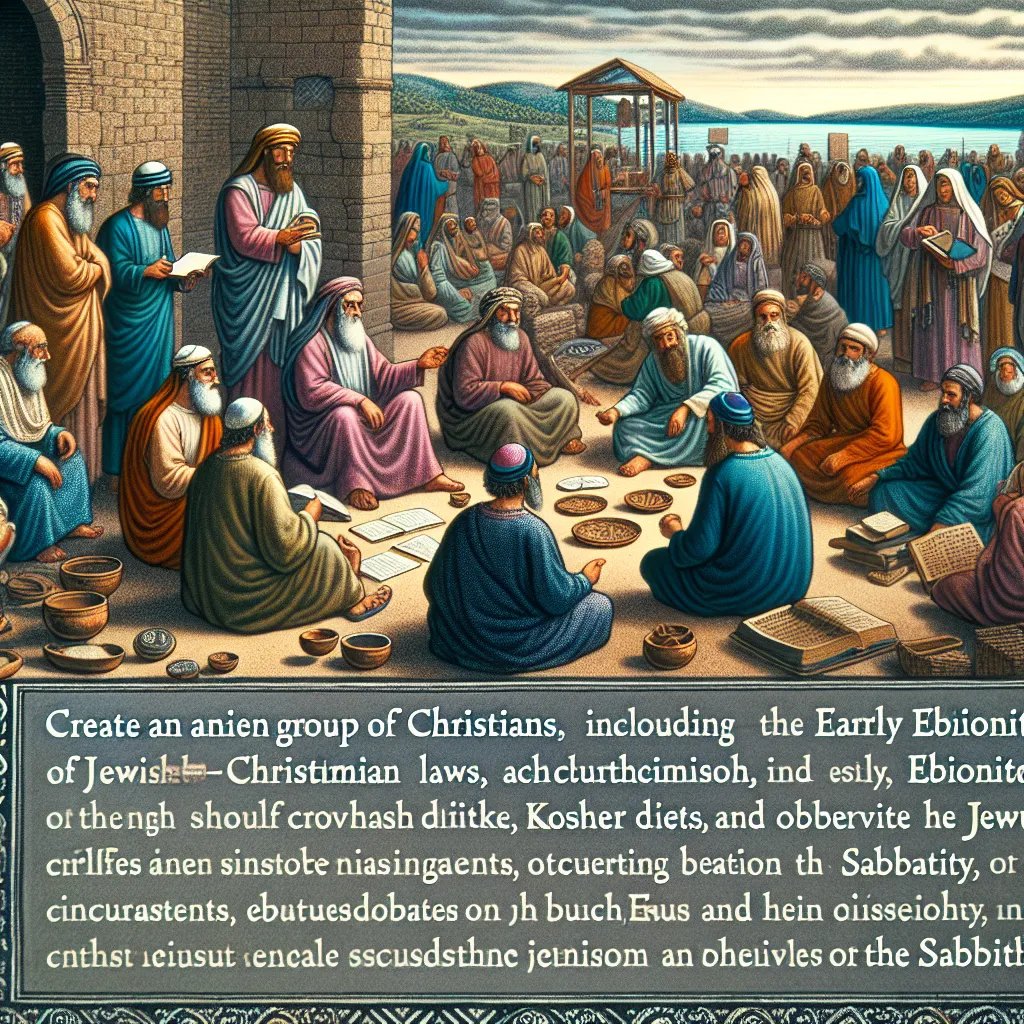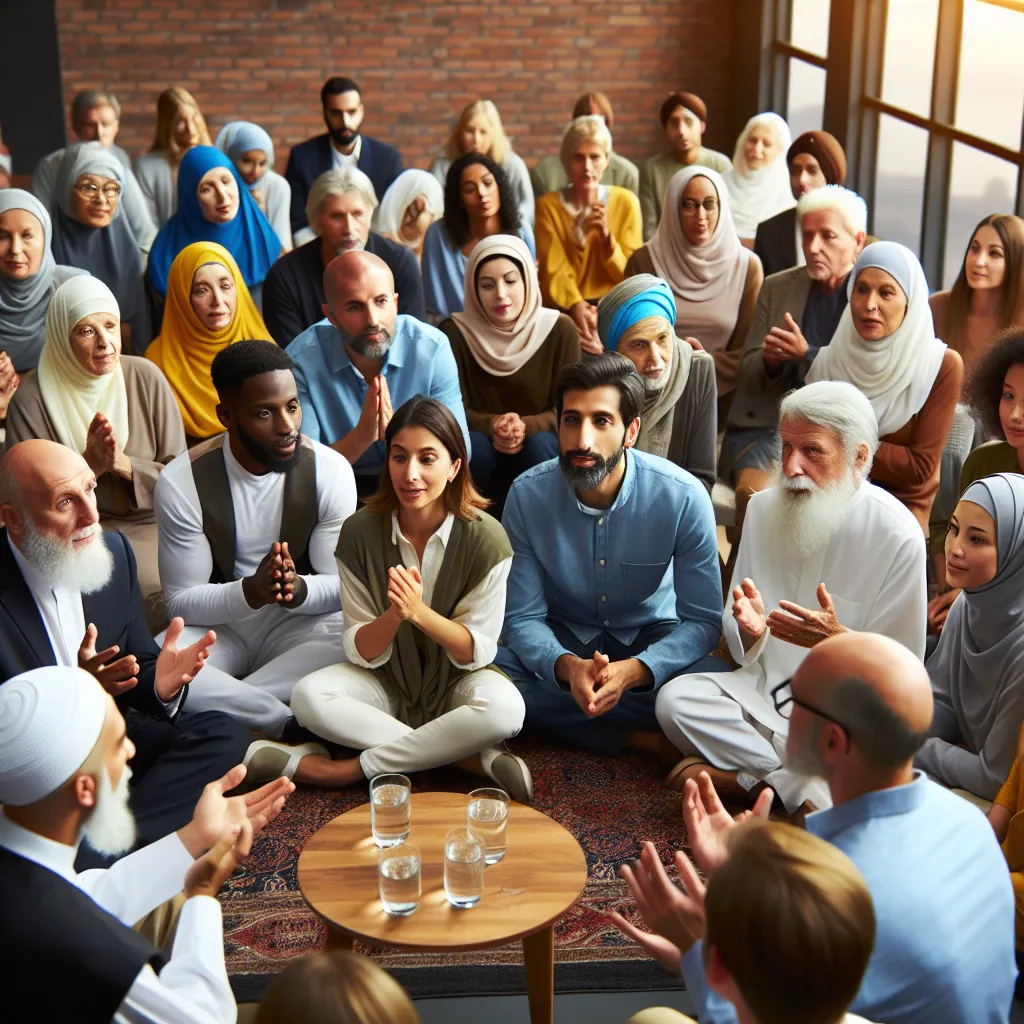On our blog, we dive into all sorts of religious topics – from the broad histories and teachings of specific religions to the minutae of obscure figures and rituals. Yet, there’s one fundamental question we often sidestep: What is religion? At first glance, it seems straightforward. Some of us might say, “Religion is belief in gods,” or “It’s a system of worship,” or even, “It’s a tool to control the masses.” But hold up—defining religion is one of the hardest questions out there, and there’s no universally accepted definition in academia.
If you check a dictionary, you’ll probably find a vague explanation that scholars might dismiss. The word “religion” conjures up an image we all recognize, but drilling down to a precise definition? That’s where things get messy. Various thinkers have tried their hand at it. Take Edward B. Tyler, who called religion “belief in supernatural beings.” Now, this might sound fair, but it leans heavily on a Christian—and more specifically, Protestant—viewpoint, suggesting all religious beliefs stem from flawed attempts to explain the natural world.
More nuanced perspectives came from thinkers like Emile Durkheim and Max Weber. Weber saw religion as a psychological tool, helping humans make sense of life’s madness. On the flip side, Durkheim perceived it as a social construct, where rituals and symbols foster group identity and social cohesion. It’s a potent idea, but doesn’t it kind of blur the lines? If religion is just about group symbols, does that make nationalism or sports a religion?
The plot thickens when we consider how embedded practices and performances are in defining religion. Many scholars believe it’s more about what we do rather than what we think. Rituals, for instance, often precede their symbolic interpretations. We act first and rationalize second, turning that whole process on its head.
Building on Weber and Durkheim’s work, many have pushed further into the complexities of religion. Clifford Geertz offered a celebrated definition: Religion is a “system of symbols” shaping moods and motivations to feel uniquely real. This perspective is still influential but criticized for not covering the social aspects Durkheim emphasized. More recently, Abby Day introduced the idea of “believing in belonging,” reflecting a performative identity tied to social relationships.
But a significant challenge remains: the concept of religion as we know it is deeply Western and Christian-centric. Applying a Christian framework—founder, sacred scripture, and theology—to other religions often misleads. For example, trying to fit Hinduism or Islam into this mold simplifies them too much, leading to major misunderstandings. Comparing the Quran to the Bible or Muhammad to Jesus overlooks deeper, contextual nuances.
Then there’s the tricky issue of separating religion from culture. Tala Asad argued this distinction is a modern invention. Looking at Islam, for instance, its practices and expressions vary drastically between Morocco and Indonesia, merging what we might mistakenly categorize as “religion” and “culture.” These are not static entities but fluid and intertwined.
Most crucially, religions are diverse internally and evolve over time. Every follower brings a unique interpretation, and religions adapt to new contexts, even if subtly. Our simplified “religions” are moving, living aggregates that resist hard definitions.
So, why does the question “What is religion?” become so complicated? Because it varies wildly based on who you ask and their context. Studying religion involves grappling with these debates, enriching our understanding of it academically and neutrally.
Thanks, as always, to our viewers and supporters, and see you next time for more unraveling of these fascinating concepts.
